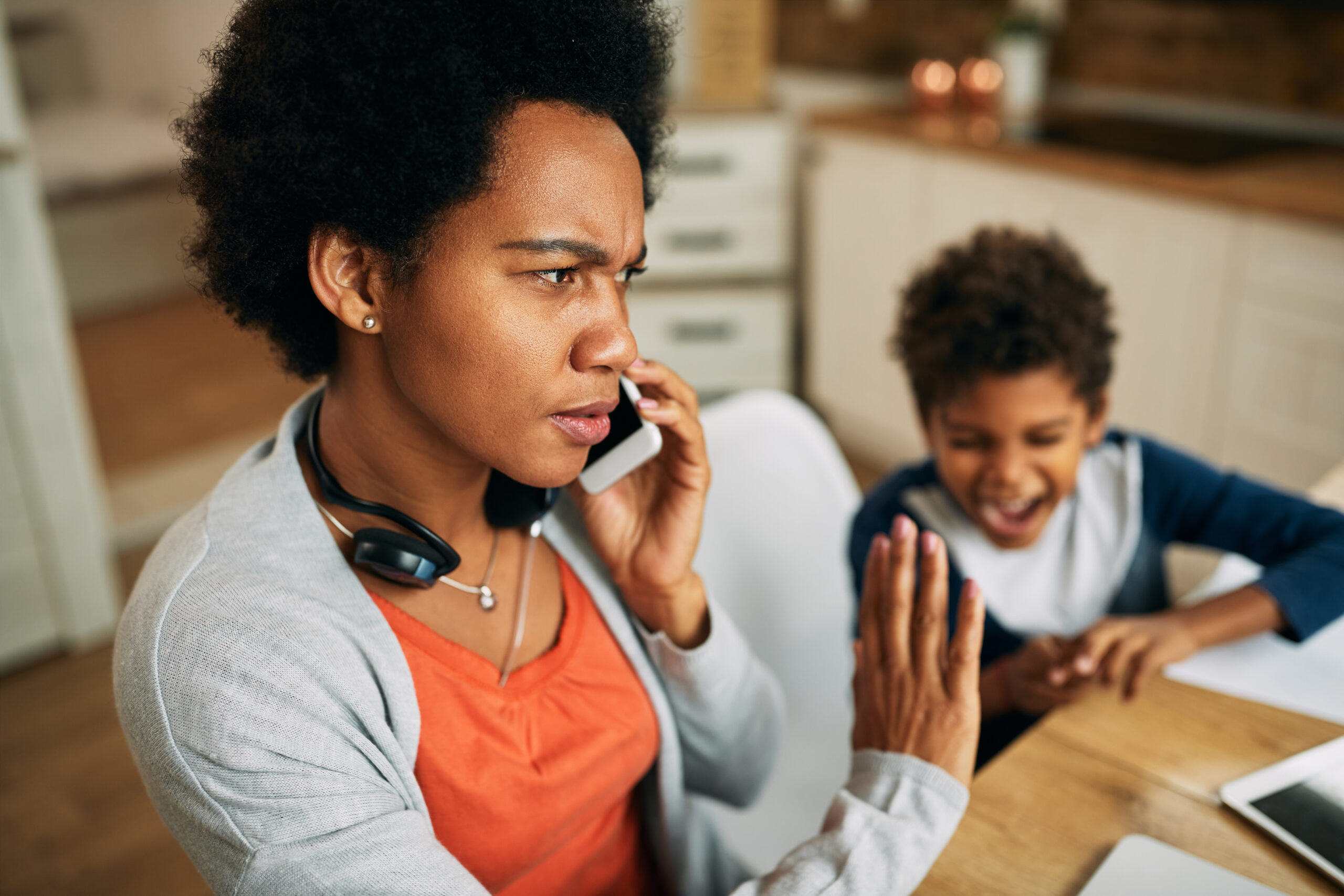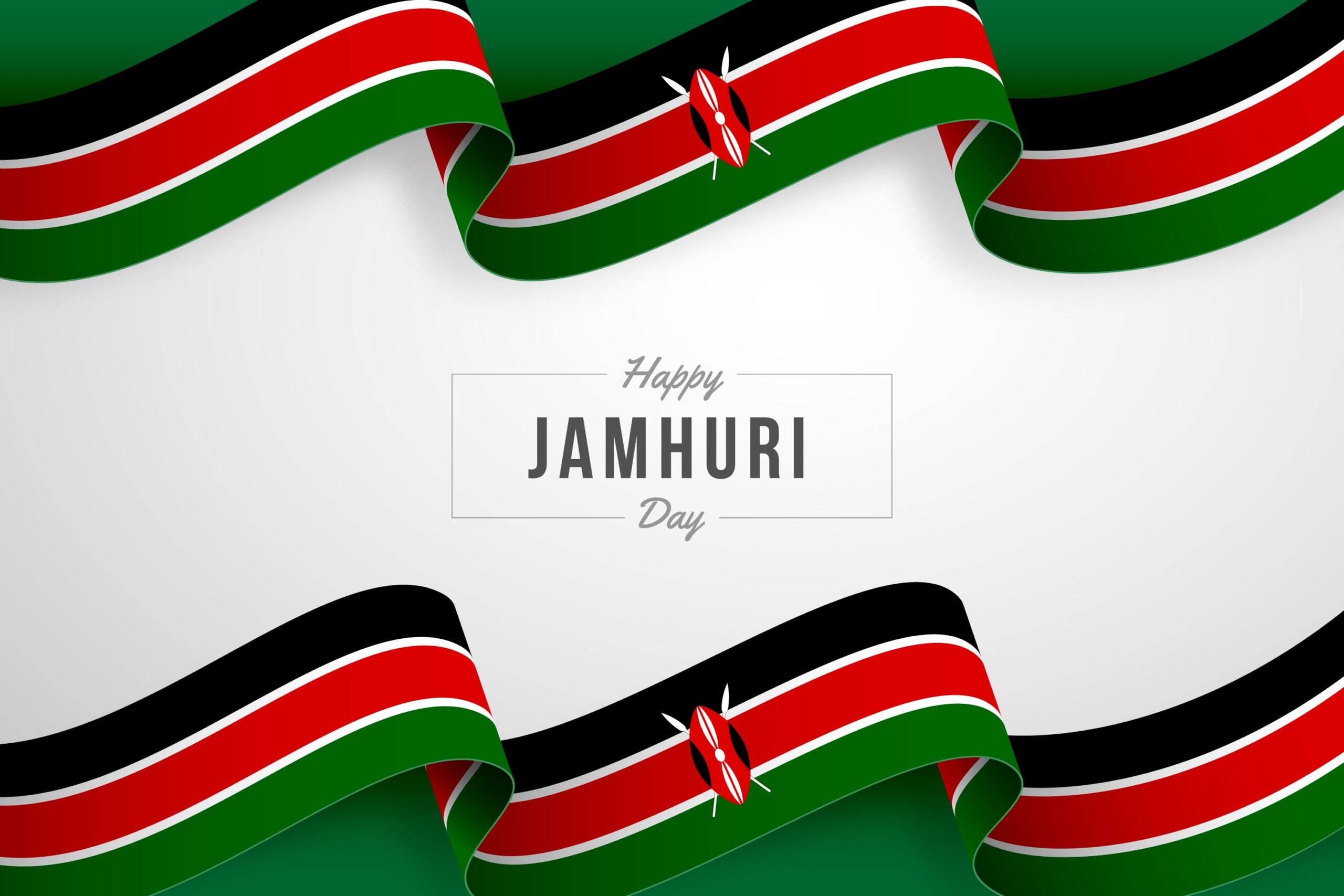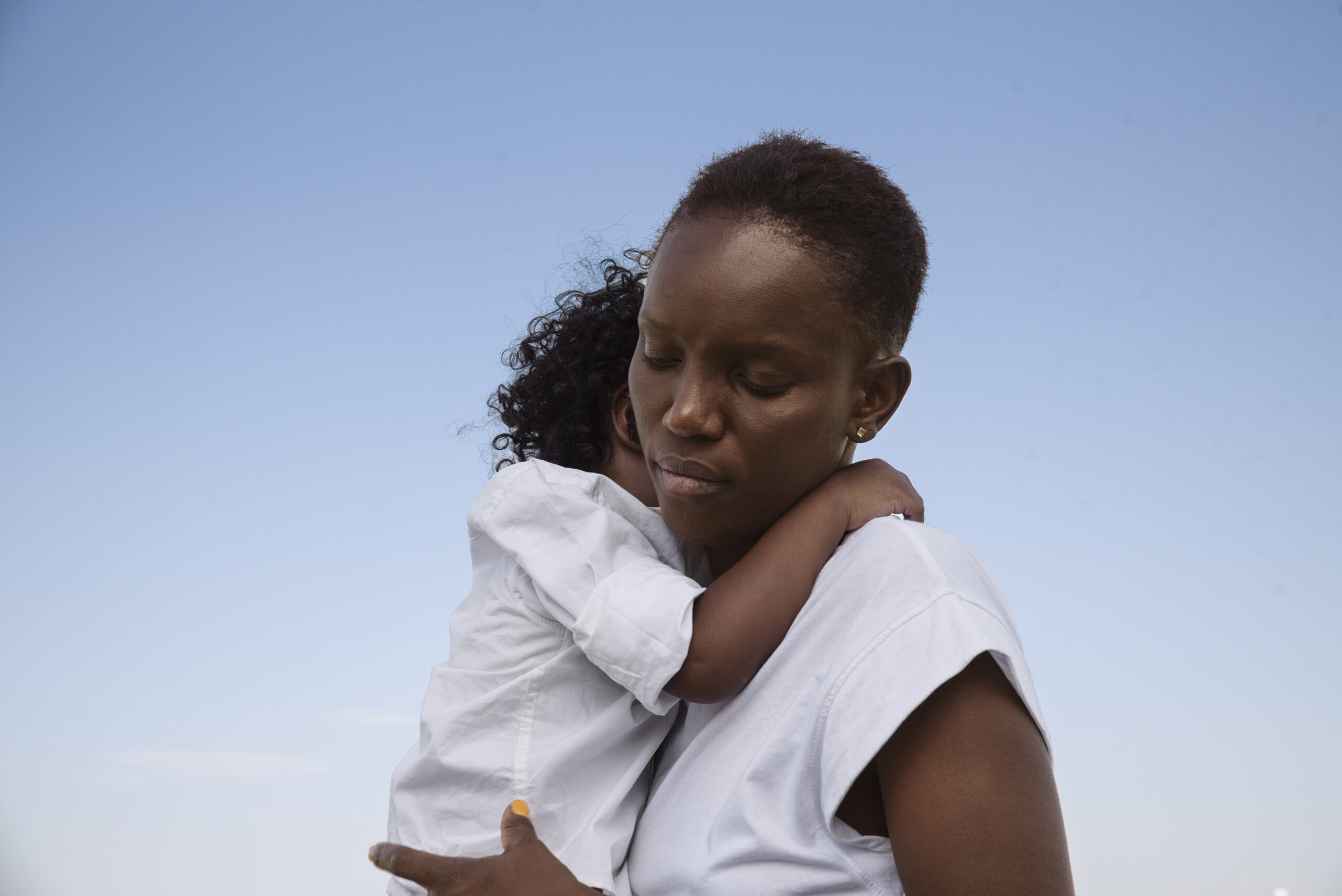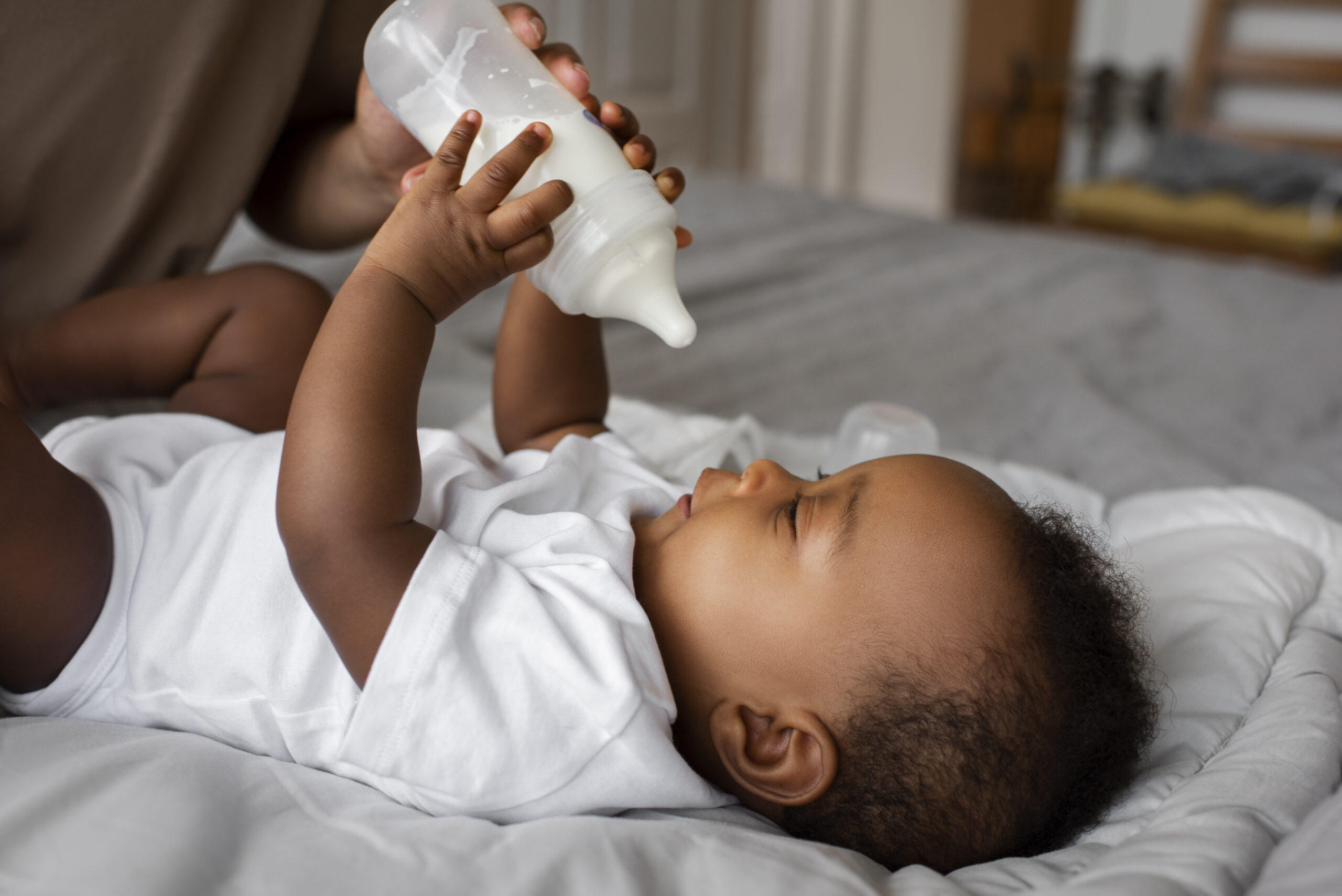Media owners urged to support and guarantee the safety of journalists reporting elections.
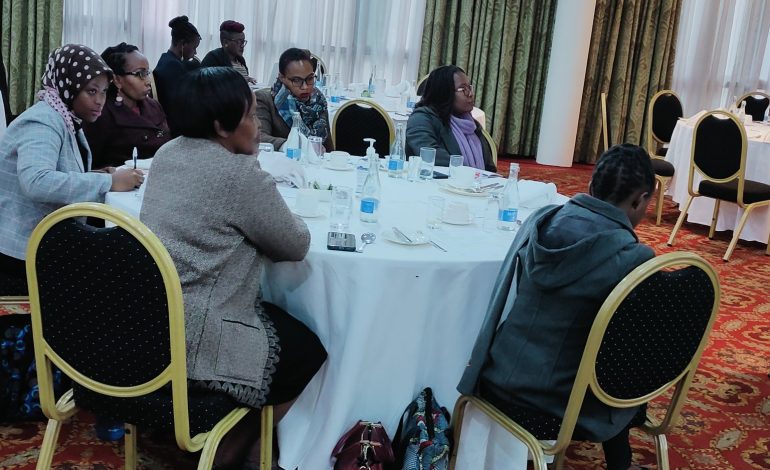
As the country heads to the general elections in less than ten days, calls are being made to media house owners to ensure that journalists are protected in their line of duty. This comes in the wake of a worrying trend where journalists face threats from politicians and their supporters. Assault against journalists in Kenya is not new. For example in 2017, many journalists were detained during the disputed elections. In recent months, a number of journalists have been assaulted while covering political rallies while others are sent away on the pretext of being supporters of opponents.
It was against this backdrop that speakers at a media round-table discussion organized by Journalists for Human Rights (JHR) earlier today, urged media owners to support and guarantee the safety of their reporters.
“It is the responsibility of media houses to provide adequate safety and protection and adequately compensate journalists and media practitioners covering elections,” said Dinah Ondari from the Media Council of Kenya (MCK).
Ms. Ondari emphasized the need for an election-coverage plan and sufficient financial, material, and human resources, terming them the main components of safety measures.
“Media houses have to give journalists professional autonomy to do their work. They also need to give journalists relevant training and digital tools like anti-virus and fact-checking,” she explained.
She further urged media houses to adhere to professional standards, have a functional social media policy, provide psycho-social support to the journalists and ensure special protection for women journalists who are more vulnerable.
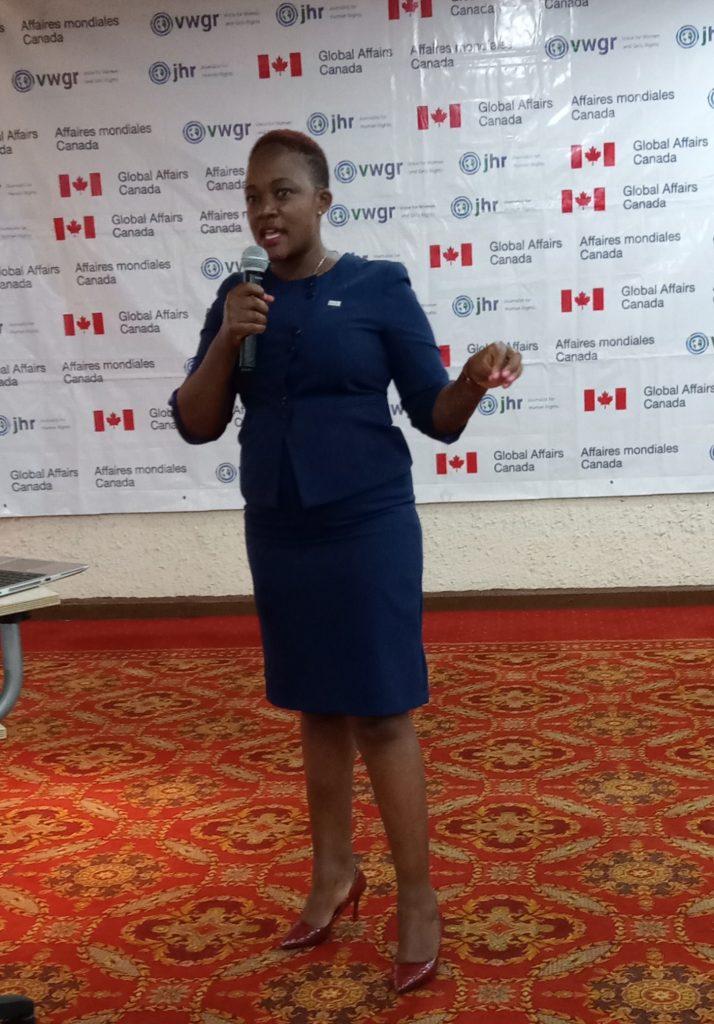
Data by the Association of Media Women in Kenya (AMWIK) shows that seven out of ten women have experienced more than one type of harassment, threat, or attack in the past.
Speaking at the same event, AMWIK Executive Director, Judie Kaberia noted that the ripple effect of such harassment is that women shy away from reporting on politics.
“If we want to contribute positively, then we the media are the central and integral part of our society relied upon to give credible and useful information that can help the country make sensible decisions,” Ms. Kaberia said.
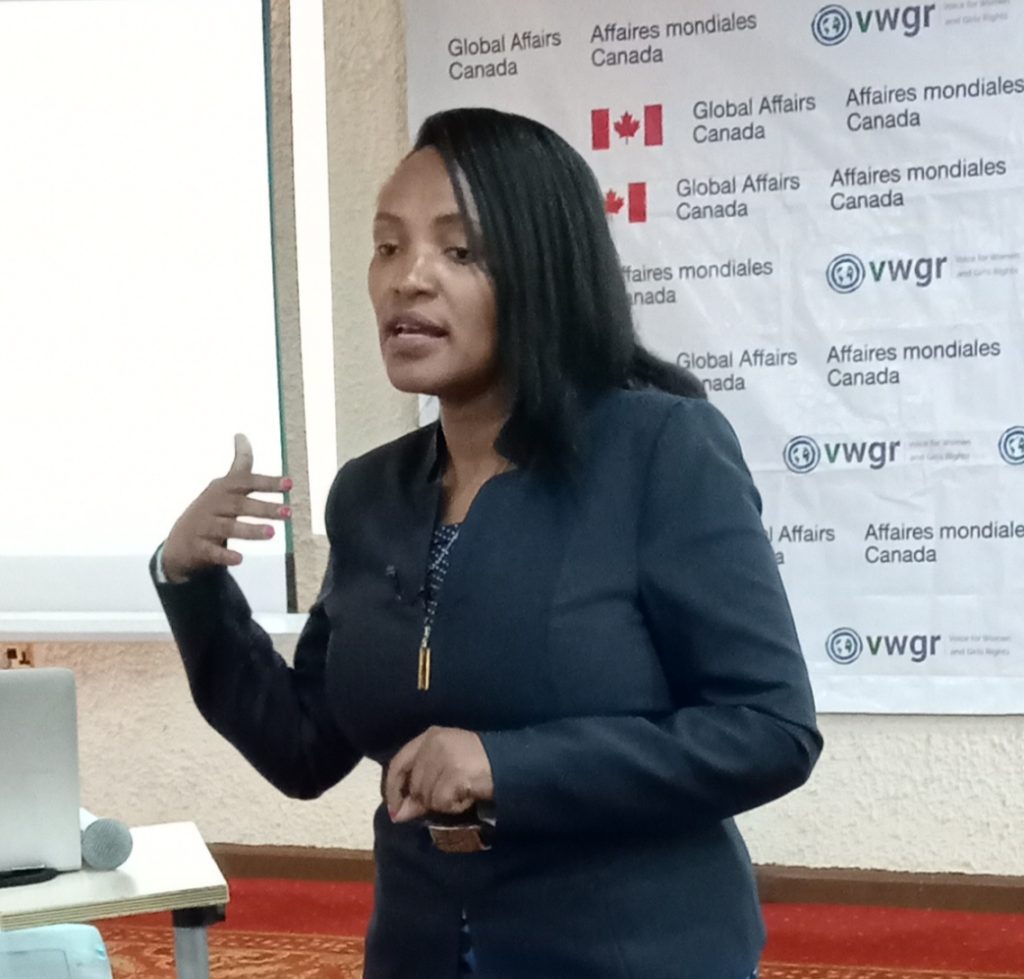
She, however, encouraged female journalists to get continuous training, mentorship, and psycho-social support even as they cover the elections objectively.
“For women journalists to be recognized, they must continuously advance their skills, be ready to be mentored and get help wherever necessary. By this, they become credible disseminators of information,” she added
Ms. Kaberia and Ms. Ondari also advised female journalists to work collaboratively with state agencies responsible for safety and protection. According to the Constitution of Kenya 2010, state agencies are responsible for access to justice, information, and professional relationships with the media.

